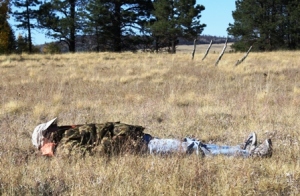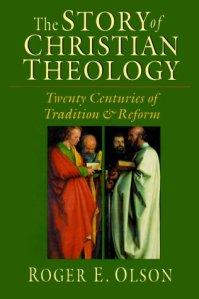
What, really, does “Let’s keep politics out of this” mean?
Previous to a recent election, I was going through our information on ballot propositions, one of which involved changing the way judges are selected. Voting on judges has always been a mystery to me. I don’t know any of them, so how am I supposed to know? In the past I just skipped that section, thinking that people in the know, like lawyers or folks who’d recently served on juries should be the ones to vote.
This time, however, I read the amendment and then started in on the arguments in favor of the amendment: the Republican governor of AZ supported it (who I had voted for) as did various retired judges, and other legislators. Those who opposed the amendment included the League of Women Voters, a bunch of lawyers, a woman pastor of a large local, very liberal Presbyterian?/Methodist? church, a domestic violence organization, and the Democrat Party of Arizona.
I find the latter most ironic, since almost all the arguments against the amendment cited the need to “keep politics out of the selection of judges.” And yet… one of the main methods liberals use to change this country, particularly when they can’t do it through the elected legislators is through the courts. The most blatant example that comes to mind is AZ SB 1070 — passed by the legislators, approved by voters and declared invalid by a judge.
Sounds like politics is already very much involved in our judicial system, so why shouldn’t it be involved in the selection of the judges?
Still, that’s not what struck me the most this time. This time, I realized that somehow the phrase “let’s keep politics out of (fill in the blank)” is one that communicates the idea that “politics” is bad, superficial, and irrelevant. Ie, “the only reason you want to do X is because you’re a Republican” Implying that signing up to be a Republican was something done in a vacuum and afterwards came the criterion for what that meant. That is, having decided to register as a Republican, I then must go through the party’s positions to figure out what I’m supposed to think.
Really??
I think not. Rather, it’s that what I think just happens to line up mostly with what Republicans express and support. And, in fact, as I began reading through the arguments, the first thing I checked was who had made the argument and what was their affiliation. Because that way I have some idea of their worldview and where they are coming from. I am learning more and more that we can use the same words and assign them very different meaning.
I have to laugh at the accusations of the detractors of conservatives, especially those of us who enjoy listening to Rush Limbaugh — ie, that we are mind-numbed robots who have to tune in to figure out what to think.
Not at all. More like we — or at least I — tune in because I’m in desperate need of hearing a sane voice.
In fact, many, many years ago, after I’d gotten saved, the more I learned about the Word of God, the more conservative I became and the more interested in politics. (Writing novels helped spur this interest as well) But everything I read in the newspapers, saw on TV, heard on the radio conflicted with what I believed. It was depressing and frustrating.
I remember when Carter was president, which was really depressing… how people thought all the Christians would vote for him because he was a Christian. Aaack! No way.
He was such a disaster. (I vividly remember the gas lines. In fact my dad and hubby were nearly run over by a distraught elderly woman while they were waiting outside the car in one of them)
Ronald Reagan was amazing; I was so proud to vote for him. What a president! I loved him.
But still, the papers, the radio, the TV… they all had one voice (pretty much as they still do, if you don’t get Fox)…Reagan was a dunce, an actor, a fool, an idiot, what did he know? etc, ad nauseum. Rather like they treated George W Bush.
And then one day I had the radio on and heard Rush Limbaugh for the very first time. And yes, it was probably sometime in 1988 when he first came on the radio. It was amazing. Finally here was someone — on the radio! — expressing the views I already held! I was so jazzed to learn there were others who thought as I did, others outside my little local assembly of fellow believers, and the obscure periodicals I read.
In fact, it’s still like that. I hear or watch or read the news and form my own assessments, which usually are nothing like the assessments of the mainstream media folks. But afterward I go my favorite conservative sites (Drudge, Power Line, The Diplomad, Rush, VDH ) and aaahhh. I find common sense, actual facts and information, observations or declarations of the obvious which are totally missing from the mainstream media…
The funny thing is, the ones who constantly seem to harp on the notion of “keeping politics out of it” are the ones who put politics into everything. Who tend to do things precisely for “politics” which I’m coming to think is another word for power-grabbing. But that, too, is a post for another day.
Like this:
Like Loading...







